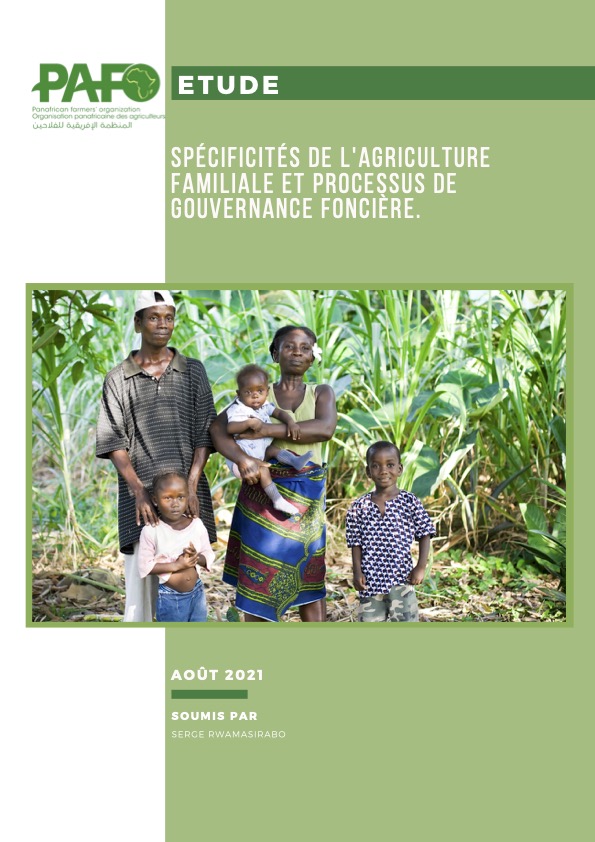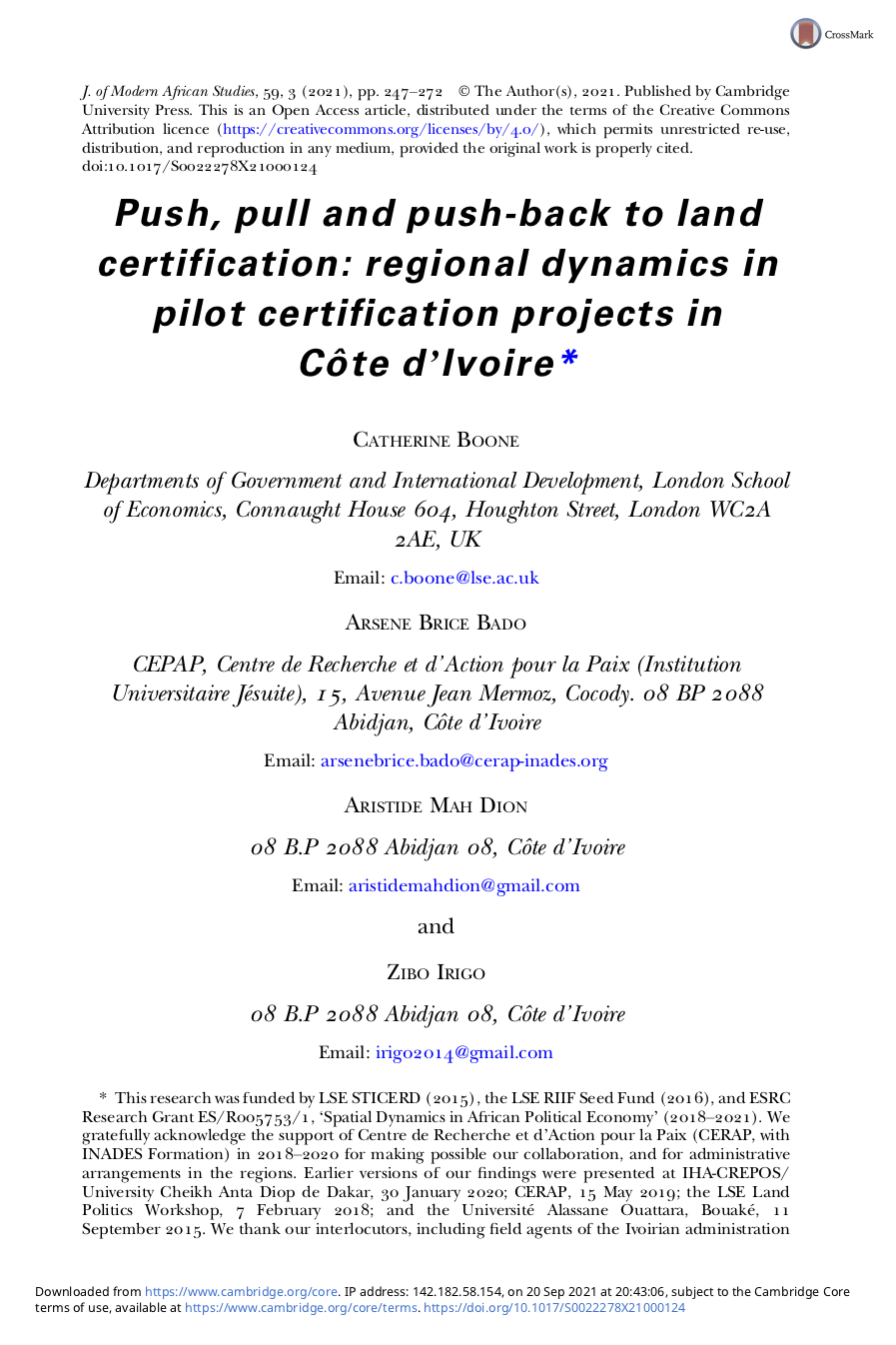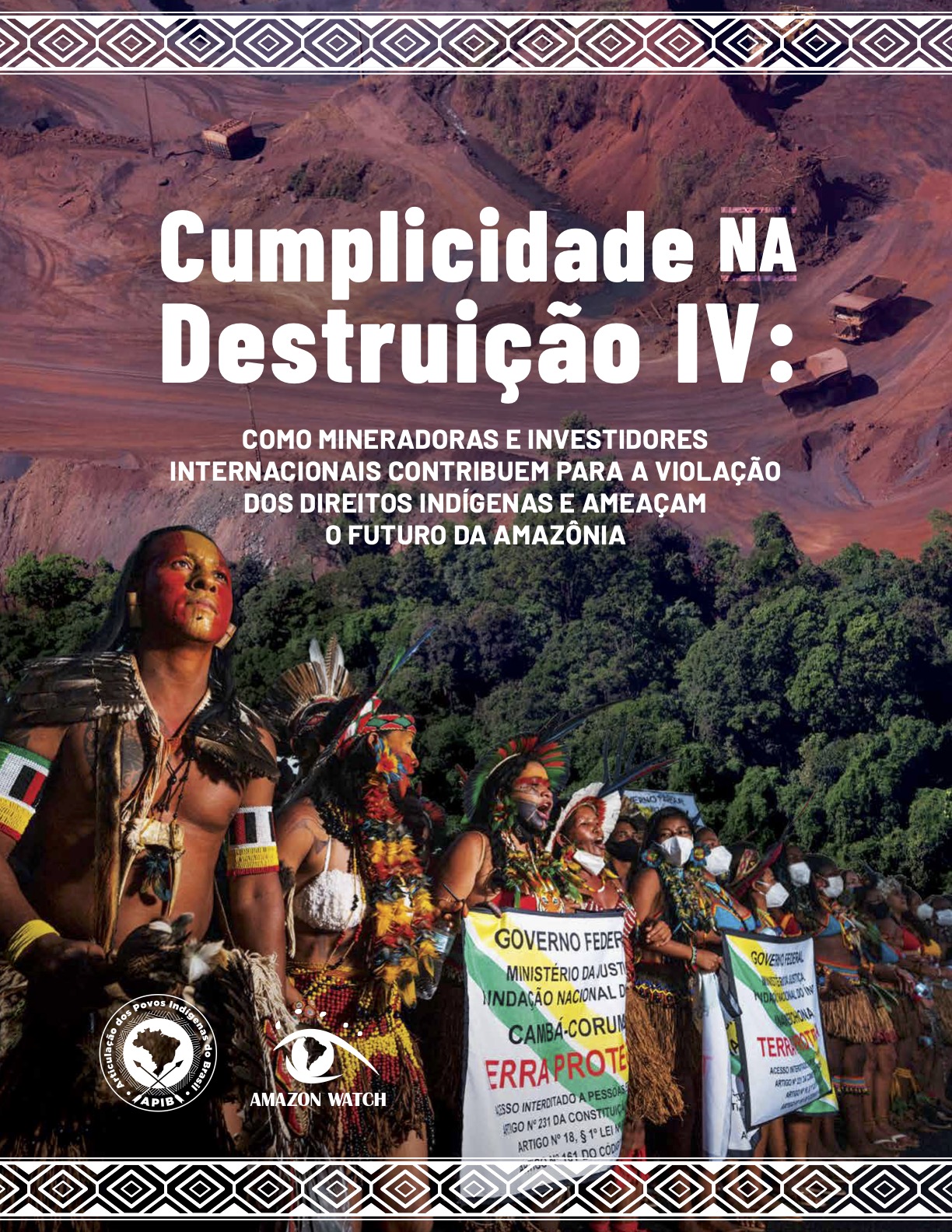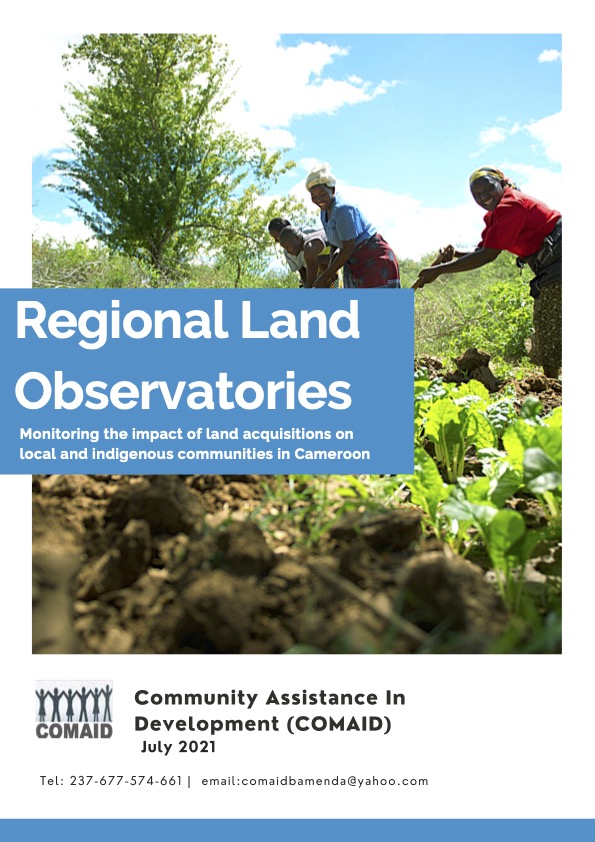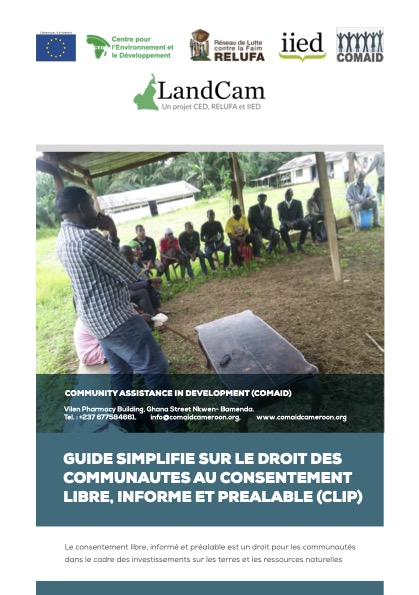Spécificités de l’Agriculture Familiale et Processus de Gouvernance Foncière
L'année 2019 a marqué le début de la Décennie des Nations Unies pour l'agriculture familiale 2019-2028 (DNUAF), la résolution (A/RES/72/239) approuvée à l'unanimité par l'Assemblée générale des Nations Unies (ONU) en décembre 2017 comme preuve du grand intérêt du sujet a soulevé dans les pays et dans l'agenda international et en soulignant que l'agriculture familiale est la pierre angulaire pour faire face aux grands défis de l'humanité.

